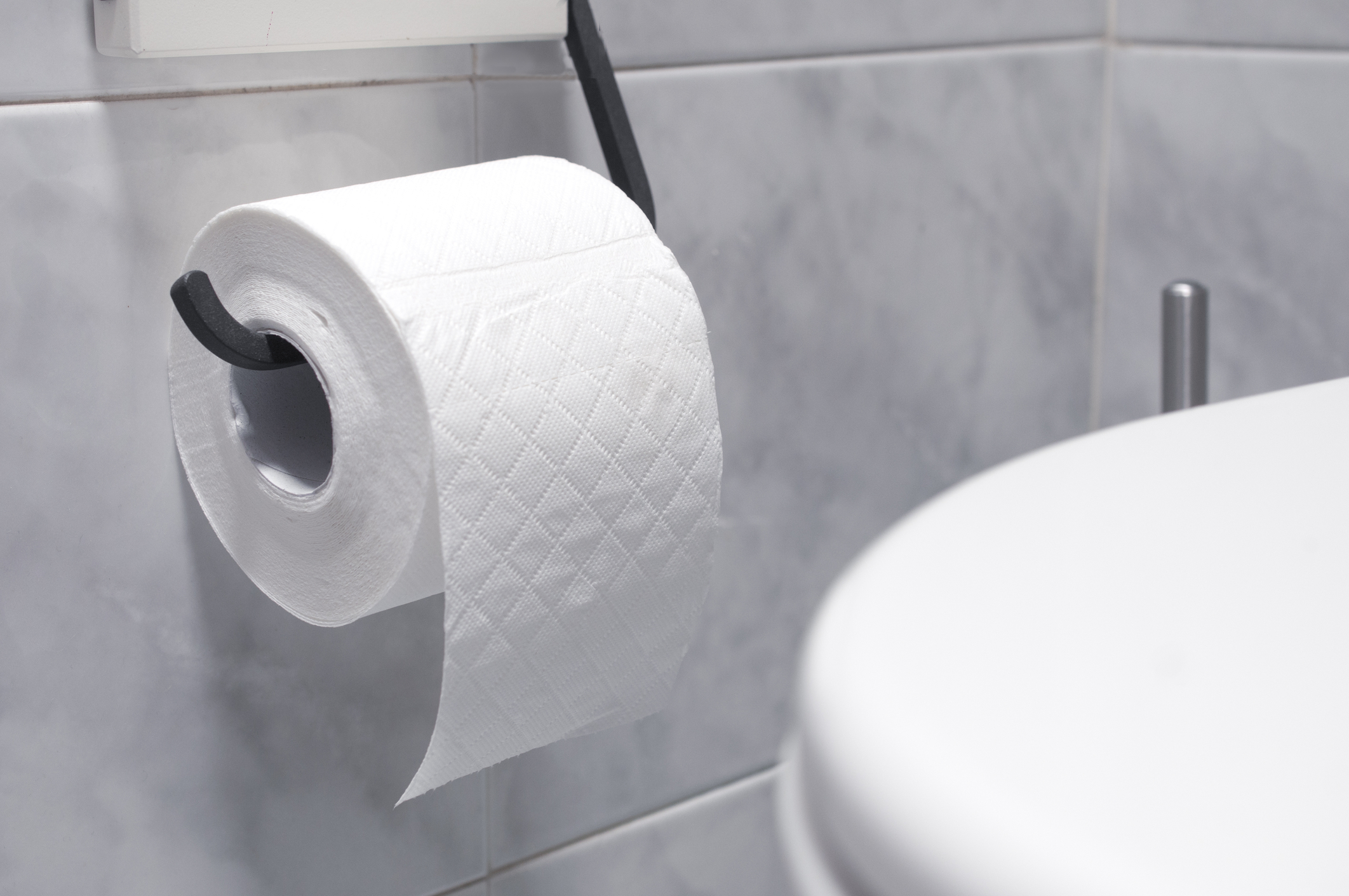Five Fascinating Facets of Fecal Matter that Will Leave You Awestruck
Fecal matter is more than just waste. In fact, the microbial universe it houses, known as gut microbiome, can make you rethink its significance. This biological entity inside our intestines includes bacteria, viruses, fungi, and other single-cell organisms, making a busy microbial city.
There are nearly 1000 different species of bacteria in the human gut, and each individual hosts a unique set of these. The staggering diversity in gut microbiome implicates that fecal matter is a unique identifier, almost like a fingerprint.
This microbial community doesn't just process waste, but plays a necessary role in digestive health, immune system and even mental health. Recent studies in gut-brain axis have linked the variation in gut microbiome to conditions such as depression and autism.
Though bacteria are small, they collectively carry 150 times more genes than the human genome thereby influencing our physiology in major ways. The next time you have an intuition, remember, it could be your gut talking!
The Role in Environmental Sustainability

Fecal matter isn’t just important for the functioning of our bodies, but it becomes an integral part of the environmental cycle once it exits our system. This brings us to another fascinating dimension - its role in sustainability.
Humanure, the term coined for human fecal compost, can actually be a nutrient-rich soil conditioner if composted properly. Moreover, scientists have also developed a way to convert human feces into a form of charcoal, referred to as "biochar". This can improve soil fertility and capture carbon, helping in climate change mitigation.
Additionally, fecal matter could be a potential energy resource. Countries like Rwanda and Kenya have leveraged the use of biogas systems to turn human waste into a reliable source of gas for cooking and lighting.